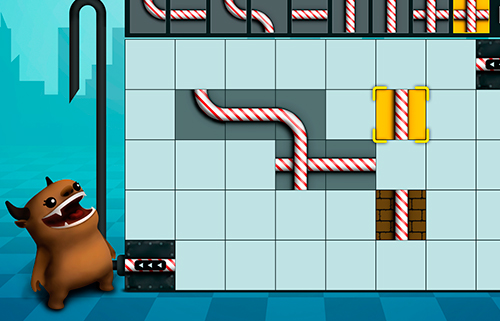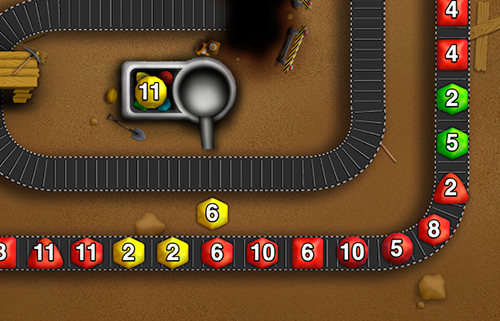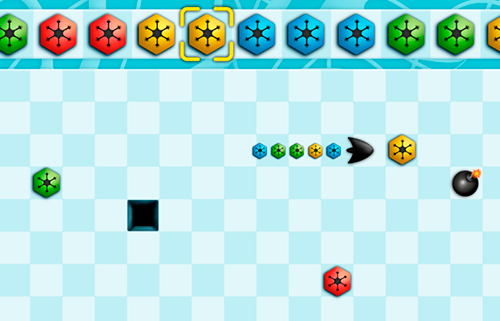
Multi-platform
Brain game: Mandala
Cognitive training brain game
Play "Mandala" online and boost your cognitive abilities
Access this scientific brain training resource
Challenge your brain
Mandala is a brain game aimed at training mental planning and visual memory. The purpose of the game is for you to be able to create a fun and visually neat design. At first, it may seem simple, but as the levels increase, each time you will have to paint smaller parts and you will have to plan the result you expect from the figure.
CogniFit has designed this game in order to stimulate users' concentration and visual perception. It is a suitable game for anyone regardless of their age since the difficulty of the game is adjusted taking into account the needs of each user. This makes Mandala a perfect option to stimulate our minds and help strengthen our cognitive abilities in a fun and interactive way.
Mind games such as the CogniFit's Mandala allow training our planning ability and help stimulate cognitive abilities through neuroplasticity.
What makes Mandala so popular? - History
The Mandala is considered a magical game, and although its history has its beginnings in India, in recent years it has become very popular for its benefits to stimulate the mind and reduce stress. The term mandala means "wheel or circle" in Sanskrit and has a religious origin. These types of creations evoke representations of the microcosm and the macrocosm, hence it was used in the Buddhist and Hindu religion, as a means for meditation, finding calm, and achieving spiritual balance.
There are many varieties of Mandalas, these representations tend to differ depending on the culture, however, most of them tend to appear within a large circle or a quadrangular shape. It should be noted that, although the majority of Mandalas have basic shapes, you can find them with different geometric figures.
Taking these representations as a reference, as well as the printed paper versions edited to color, CogniFit has developed a version of the online Mandala game based on these mandalas in order to help stimulate various cognitive abilities in a very entertaining way.

The objective of the game is to color all the geometric shapes that appear in white.

As the level increases, the shapes become more complex.

You must plan your designs well in order to create a homogeneous figure with well-organized colors.
How does the mind game “Mandala” improve my cognitive skills?
Playing games like CogniFit's Mandala stimulates a specific neural activation pattern. Repeating and training this pattern consistently can help create new synapses, and help neural circuits reorganize and regain weakened or damaged cognitive functions.
The Mandala game helps to exercise planning and visual memory. Consistently stimulating these skills can help create new synapses, and reorganize neural circuits and improve cognitive functions.
1st WEEK
2nd WEEK
3rd WEEK

Orientative graphic projection of neural networks after 3 weeks.
What happens when I don't train my cognitive abilities?
Our brain is designed to save resources, so it tends to eliminate connections that are not used often. In this way, if a specific cognitive ability is not used frequently, the brain does not provide resources for that pattern of neural activation, so it becomes increasingly weak. This makes us less able to use this cognitive function, making us less effective in our day-to-day activities.







